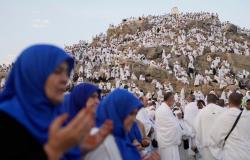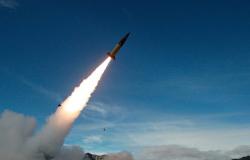
It is 30 years since Mons. Eugenio Corecco gave the Prolusion on the occasion of the awarding of the “honoris causa” degree by the prestigious Catholic University of Lublin, which – Corecco observed at the beginning of his speech – “among its most illustrious professors and listened to, boasts Karol Wojtyla, who, attempting a synthesis between the ontology of Thomas Aquinas and the phenomenology of Max Scheler, inserted this Catholic University into the European cultural debate”. It was, precisely, May 23, 1994 and, for the Canton of Ticino, the Honorable Renzo Respini, then President of the Council of State, was present.
The event deserves to be remembered not only for the important international academic and ecclesial recognition, but also for what the great Swiss canonist wanted to explain on this occasion. Corecco had been struggling with the disease for some years now and was well aware that his strength was irreparably waning. That speech was in fact the last canonical commitment that he managed to complete. Precisely his suffering situation shows his great academic passion for Canon Law, a passion which was evidently the fruit of his great love for the Church and his desire to serve her. It was in fact one of the main characteristics of his canonical vision that of considering canon law fully at the service of communion and the ecclesial mission.
In response to the honor received with the award of that “honoris causa” doctorate, he could certainly have limited himself to thanks, perhaps quoting some of his already published texts. But this was not his style, as his unpublished speech admirably demonstrates, in which he offers an admirable synthesis and in-depth analysis of one of the key aspects of canonical science: «The value of the canonical norm in relation to salvation», as the title states he gave to his text, which – not surprisingly – opens the collection of his main writings: «Ius et communio. Writings of Canon Law”, edited by G. Borgonovo and A. Cattaneo, Ed. Piemme, Casale Monferrato 1997, Vol. I, pp. 57-64.
Corecco centers his reflection on the principle of “incarnation”. A perspective which, by inserting itself into the plan of salvation of the incarnate God – notes Corecco – «counters the temptation to obtain salvation with one’s own strength». Consequently, he can forcefully affirm – and this is the core of his speech – that «Canon Law is not a sociological superstructure of the Church. It is not a purely additive fact, without any soteriological consistency of its own, but rather a social phenomenon with its own epistemological and logical autonomy. In it the Church manifests itself and can be known, in the binding force of her total reality.” The author exemplifies his reflection also by pointing out the profound difference that exists between state law and ecclesiastical law. The essence of the first lies in its imperative character, deriving from the extrinsic will of the legislator, both absolute and democratic. The essence of the second lies instead in an intrinsic participation of God in the heart of man.
With the Incarnation, Christ gave the saving means (Word and Sacraments) a special value for human existence, since through them God manifests himself and communicates Grace, challenging man in the most intimate part of his person and demanding a answer. This formal intimation inherent to the Word and the Sacrament can be seen as the foundation of the juridical order of the Church, as Corecco, taking up the intuition of his teacher Klaus Mörsdorf, has extensively developed. Therefore the law of the Church, unlike secular law, requires obedience on an ethical level in a particular way in view of the ultimate and supernatural destiny of man.
Don Arturo Cattaneo




